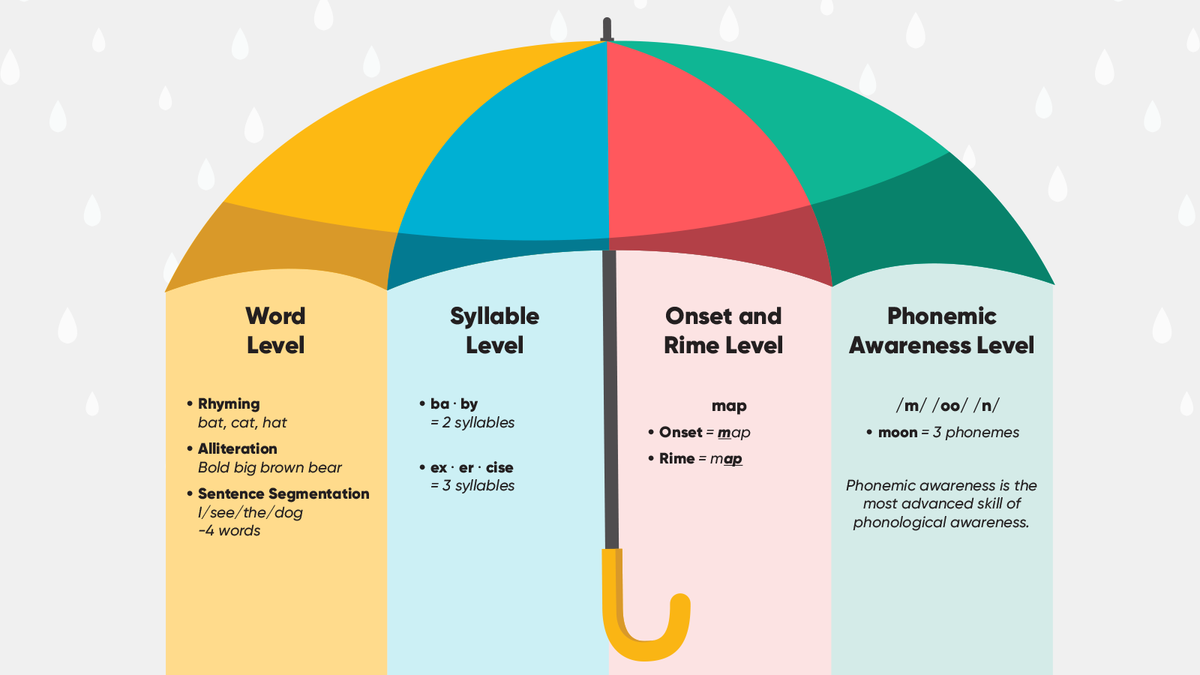Developing Phonological Awareness at Home: A Key to Reading Success
Dear Parents and Guardians,
As we continue our journey through the school year, I want to highlight an essential skill that lays the foundation for your child's reading success: phonological awareness. This critical skill helps children recognise and work with the sounds in spoken language, which is a fundamental building block for reading and spelling. Developing strong phonological awareness is one of the most important steps in learning to read.
Phonological awareness refers to hearing, identifying, and manipulating sounds in words. It involves recognising rhymes, counting syllables, and identifying words' beginning, middle, and ending sounds. By strengthening these skills, children become better equipped to decode words when they begin reading.
How You Can Support Phonological Awareness at Home
There are many fun and engaging ways to help your child develop phonological awareness skills at home. Here are some simple strategies you can try:
- Play Rhyming Games: Encourage your child to think of words that rhyme. For example, you might say a word like "cat" and ask them to come up with words that rhyme, such as "bat," "hat," or "mat." You can also read rhyming books together and pause to let your child fill in the rhyming word.
- Clap Out Syllables: Help your child understand syllables by clapping out the beats in words. Start with simple words like "apple" (ap-ple: two claps) and gradually move to longer words. This fun activity can also be done by tapping on the table or stomping feet for a more energetic version!
- Sound Scavenger Hunt: Choose a specific sound (like /s/ or /m/) and go on a sound scavenger hunt around your house. Look for objects that start with the chosen sound, and encourage your child to name them. This activity not only helps with sound recognition but also expands their vocabulary.
- Sing Songs and Nursery Rhymes: Songs and nursery rhymes are full of rhyming words and repetitive sounds that can help your child develop phonological awareness. Sing together and emphasise the rhyming words or repeating sounds. Encourage your child to clap along or make up their own verses.
- Segmenting Sounds: Practice breaking down words into their individual sounds. For example, say the word "dog" and help your child break it down into its component sounds: /d/ - /o/ - /g/. This can be turned into a game where you segment sounds and your child tries to guess the word!
- Play “I Spy” with Sounds: Instead of saying “I spy with my little eye something red,” try saying, “I spy with my little eye something that starts with the /b/ sound.” This game helps children focus on the initial sounds in words.
- Read Aloud Together: Make reading aloud a daily habit. When reading, point out words that start or end with the same sound or have a similar pattern. Engage your child by asking questions like, "What sound does this word start with?" or "Can you find another word on this page that rhymes with...?"
- Practice Alliteration: Create silly sentences using words that start with the same sound, like “Silly Sam sings songs on Saturdays.” This helps children focus on initial sounds in words and recognise patterns in language.
Why Is Phonological Awareness Important?
Phonological awareness is a critical component of early literacy development. Research shows that children with strong phonological awareness skills tend to become more successful readers. By practising these skills at home, you are giving your child a head start in developing their reading abilities and setting them up for academic success.
Thank you for your continued support in your child's learning journey. With your involvement, we can make learning to read an enjoyable experience for our young learners!
God Bless,
Nick Criniti


